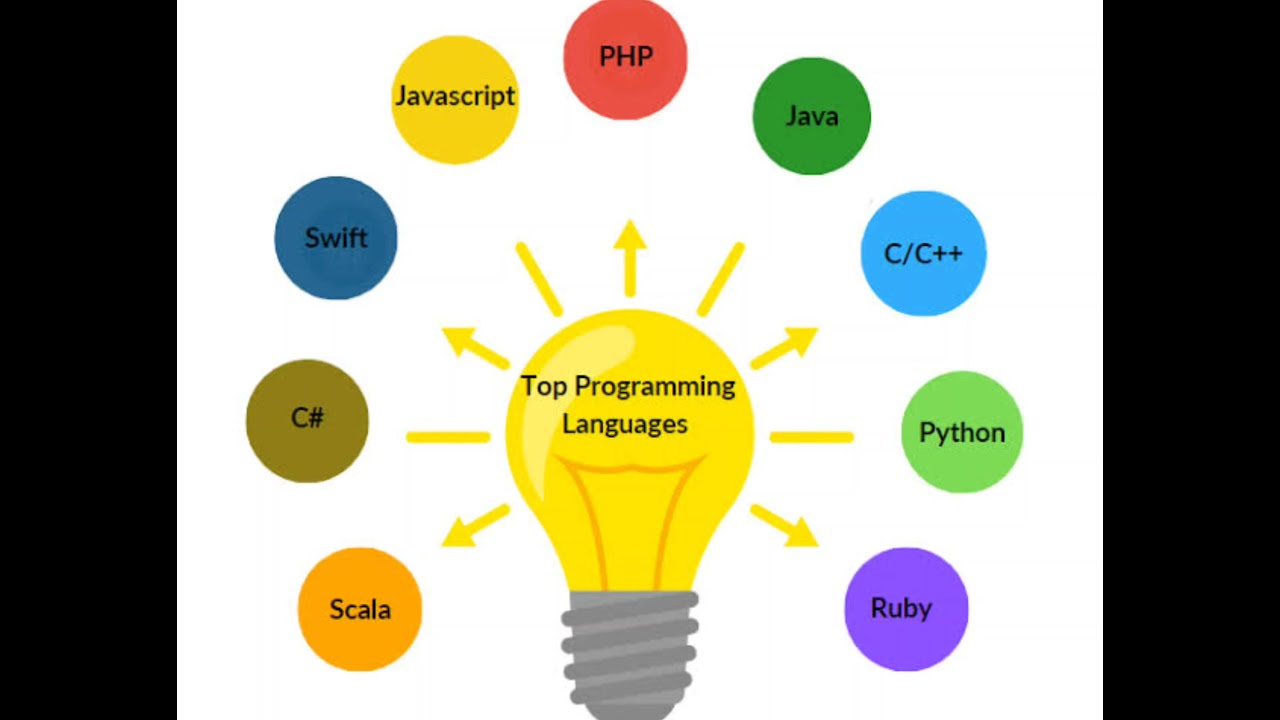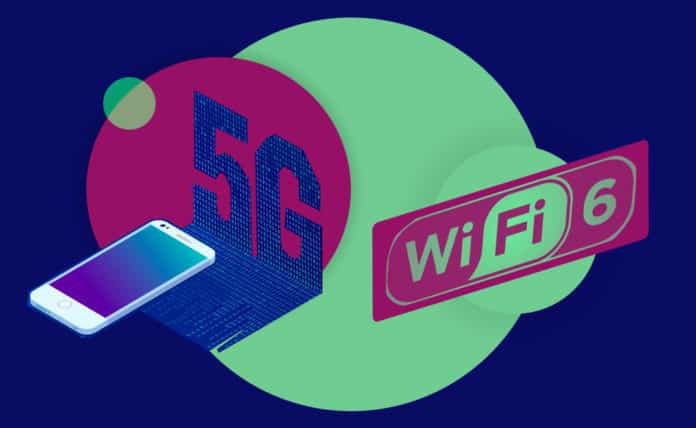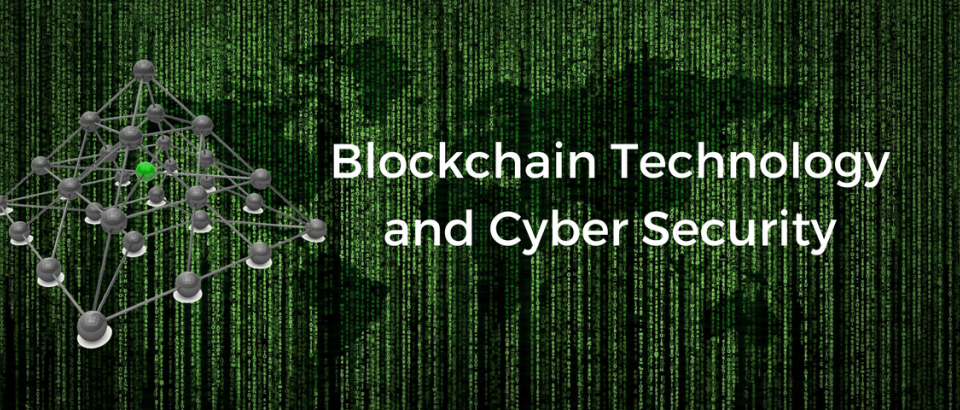How AI is Shaping the Future of Healthcare
Artificial Intelligence (AI) is not just transforming industries — it’s revolutionizing healthcare. From early disease detection to personalized treatment plans, AI is improving accuracy, efficiency, and accessibility in ways previously unimaginable.
In this article, we’ll explore how AI is shaping the future of healthcare, key innovations, and what patients and professionals can expect in the years ahead.
🔍 1. Early Diagnosis and Disease Detection
AI algorithms can analyze massive datasets from medical records, imaging, and lab results to detect diseases earlier and more accurately than ever.
Examples:
- AI in radiology detects cancerous tumors in X-rays and MRIs with high precision.
- Machine learning models can identify signs of Alzheimer’s years before symptoms appear.
Impact: Quicker, more accurate diagnoses lead to better outcomes and reduced treatment costs.
💡 2. Personalized Medicine
AI is making tailored treatments possible by analyzing a patient’s genetics, lifestyle, and history to determine the most effective therapies.
Examples:
- AI-driven tools predict how patients will respond to certain medications.
- Oncology platforms personalize cancer treatments based on genetic profiles.
Impact: Higher treatment success rates and fewer side effects.
🏥 3. Improved Hospital Operations
AI helps hospitals become more efficient and patient-focused by optimizing administrative tasks, predicting staffing needs, and managing supplies.
Examples:
- Chatbots handle routine queries and appointment bookings.
- Predictive models forecast patient admissions and resource demand.
Impact: Reduced wait times, better resource allocation, and improved patient satisfaction.
🧠 4. Virtual Health Assistants and Chatbots
AI-powered chatbots and virtual assistants provide round-the-clock support for patients, helping with symptom checking, reminders, and health education.
Examples:
- Apps like Babylon Health and Ada offer AI-based medical advice.
- Virtual nurses remind patients to take medications or monitor chronic conditions.
Impact: Increased healthcare accessibility and patient empowerment.
🌍 5. Remote Monitoring and Telemedicine
With AI and IoT integration, patients can be monitored in real-time from their homes, especially those with chronic conditions like diabetes or heart disease.
Examples:
- Wearables track vitals and send alerts for abnormalities.
- AI systems flag urgent cases for doctor review.
Impact: Reduced hospital visits and improved chronic care management.
🔐 6. Enhancing Medical Research and Drug Discovery
AI accelerates clinical trials and drug development by identifying promising compounds and predicting their effectiveness.
Examples:
- AI tools analyze biomedical literature and genetic data.
- Companies like DeepMind and Insilico Medicine are using AI to design new drugs.
Impact: Faster, cheaper, and more efficient development of life-saving treatments.
⚠️ 7. AI and Ethical Considerations in Healthcare
While AI offers incredible promise, it also brings challenges:
- Data privacy and security concerns
- Bias in algorithms based on skewed datasets
- The need for human oversight in decision-making
Solution: Strong regulatory frameworks, transparent algorithms, and AI-human collaboration are key.
The Road Ahead: What to Expect
By 2030, AI is expected to be:
- Fully integrated into clinical decision-making
- Driving innovations in predictive and preventive healthcare
- Powering robot-assisted surgeries and AI radiologists
- Enhancing mental health support through conversational AI
Final Thoughts
AI is not replacing doctors, but empowering them with tools that improve care delivery, reduce human error, and give patients more control over their health.



